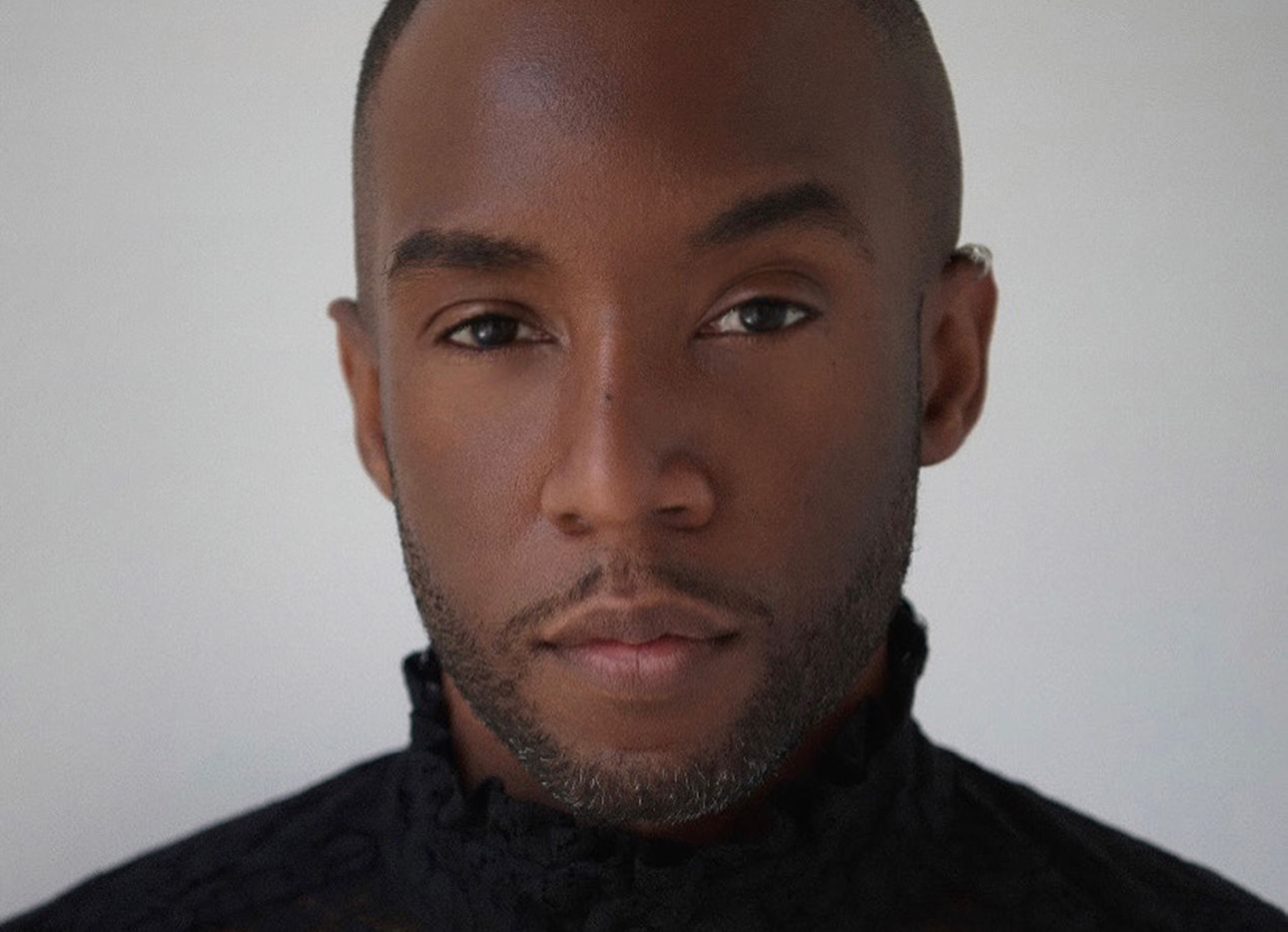
This Incubator Is Helping Black- and Latinx-Owned Brands Break Into the Beauty Industry
One year ago, entrepreneur Jaé Joseph and creative director Brianna Wise released a survey that doubled as an application for an incubator they were developing called the Black Apothecary Office (BAO): a three-month-long accelerator program designed to help Black- and Latinx-owned beauty and wellness start-ups refine their concepts, pitch to investors, and bring their brands to market, under the guidance of industry professionals. In September, the inaugural cohort graduated and marked the official launch of BAO, led by Joseph with Wise as its CEO. Together, the two aim to foster relationships between stakeholders and small-business owners in industries that have historically overlooked or undervalued concepts and products borne by creatives of color. (They plan to work with five brands at a time, and develop 100 businesses over the next decade.) Last week, the company launched BAO Universe, a digital marketplace offering goods such as velvety face oils, silky moisturizers, and hydrating shampoo from some of the brands it has worked with, as well as a namesake skin care collection anchored by papaya enzyme, a trusty exfoliant, as its main ingredient.
Joseph, a seasoned cultural producer who works across art, fashion, and film, understands the distinctive relationship women of color have with self-care: He was raised by a Caribbean American family in the Midwest, surrounded by Black and brown mothers, sisters, and cousins whose beauty regimens were both a power and a pastime. We recently spoke with Joseph about the value of a wellness practice and the need for the industry to genuinely reflect the diverse communities it serves.
How did the idea for BAO come about?
There’s been disparaging [racial] representation in the beauty and wellness markets for years. You know, you walk into the big-box stores, and there’s either not enough shelf space for Black and brown products, or there’s no shelf space for them at all. Or we’re considered some sort of “special” project, [manifested in] a pop-up shop. That’s where I saw the need.
In addition to working toward achieving inclusivity in the industry, BAO’s work suggests that there’s an innate value in taking part in wellness practices. What are the effects of maintaining a self-care routine, particularly for people of color?
It connects us to our heritage. It connects us to our ancestors. And water has always been one of the most powerful resources in our culture. I think that the whole cleansing process—whether naturally, spiritually, or emotionally—has long been an essential ritual at some point in all of our lives.
What obstacles have prevented the Black- and Latinx-owned start-ups you’ve encountered from entering the beauty and wellness market, and how do you select which ones to work with?
We align ourselves with brands that have either a very interesting concept, or a strong proof of concept. We’re really focused on skin, wellness, and telehealth companies, including mental health apps and digital health services, and edible beauty, like vitamins, too. These brands might have the money, but lack the distribution channels or the ability to manufacture their products. Maybe they don’t have the resources for packaging, or access to publicity. There are some that need capital, and have questions like, “Where do I go to get a five- or ten-thousand-dollar grant?” “How am I going to get money to even start this up?”
Our core mission is cultural integrity. My commitment is to make sure that everyone who comes through the accelerator program is awarded the same opportunities. They all have an equal opportunity to excel and build a scalable business model. And after business owners graduate, their brands can become a part of our marketplace. Our goal is to give them as much visibility and exposure as possible, in different markets and across social media.
What’s your strategy for doing that?
Finding people in the community who look like me, who look like other people around me, and who look like the audience that we’re catering to. We’re looking at what they’re doing in order to amplify their messages, and thinking about we can collaborate with them to actually develop community among creative entrepreneurs in this space—whether it be creatives of color, creatives who identify as LGBTQ+, or creators who are labeled as mentally or physically handicapped. There’s a space for everyone to exist. The future demands room for all.